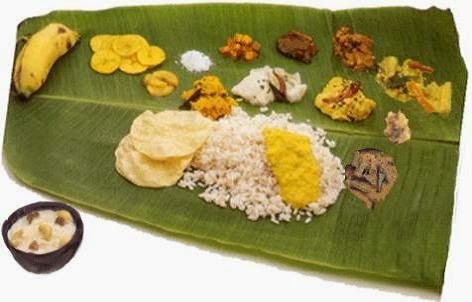A long long time ago, an Asura (demon) king called Mahabali ruled Kerala. He was a wise, benevolent and judicious ruler and beloved of his subjects. Everyone was equal, and lived in prosperity and justice. It is said that there was perfect equality, peace and happiness in his kingdom. No one dared to lie or cheat. Soon Mahabali's fame as an able king began to spread far and wide, but the gods grew envious at his acts of benevolence and growing popularity. When he extended his rule to the heavens and the netherworld, the gods felt challenged and began to fear his growing powers. Presuming that he might become over-powerful, Aditi, the mother of the Devas, pleaded with Lord Vishnu to curtail Mahabali's powers. Vishnu transformed himself into a dwarf called Vamana and approached Mahabali while he was performing a yajna and asked for alms. Pleased with the dwarf brahmin's wisdom, Mahabali granted him a wish. The Emperor's preceptor, Shukracharya, warned him against making the gift, for he realized that the seeker was no ordinary person. But the Emperor's kingly ego was boosted to think that God had asked him for a favour. So he firmly declared that there is no greater sin than going back on one's promise. He kept his word.
Vamana asked for a simple gift — the amount of land he could measure in three paces — and the king agreed to it. Vishnu in the guise of Vamana then increased his stature and with the first step covered the sky, blotting out the stars, and with the second, straddled the netherworld. Realising that Vamana's third step will destroy the earth, Mahabali offered his head as the last step.
Vishnu's fatal third step pushed him to the netherworld, but before banishing him to the underworld Vishnu, moved by his integrity and humility, granted him a boon. Since he was attached to his kingdom and his people, he was allowed to return once a year from exile. Onam is the celebration that marks the homecoming of King Mahabali. It is the day when a grateful Kerala pays a glorious tribute to the memory of this benign king who gave his all for his subjects.
Some say that this fatal step proved a blessing in disguise for the good king — the foot salvaged and released Mahabali from the recurrent cycle of birth and death. That is why Onam is celebrated by wearing new clothes and resolving to lead a new life of truth, piety, love, and humility. (But since he keeps coming back every year, the theory doesn't hold up too well.)
Historians give a different twist to the legend. According to them, Mahabali, a Buddhist, was defeated by Hindu kings from Narmada (currently Maharashtra) in the North. Subsequently, they conquered the land and sent him into exile in Eezham which is currently known as Sri Lanka. It was believed that permission was granted to Mahabali to come and visit his subjects during the period when they traditionally celebrated Sravanolsavam. Therefore, for Keralites, it may be a symbolic description of the Aryan invasion and the imposition of its culture on the native Dravidian populace of Kerala.
Onam is the only major Indian festival that is celebrated equally by people of all faiths and castes. Unlike Diwali, Id or Christmas, it has no explicitly religious connotation. It is an occasion for joy, compassion, gift-giving and solidarity, and embodies Kerala's cultural unity and pluralism.
Though, after my bereavement, I won't personally be celebrating Onam this year, a Happy Onam to all!
Credit : Facebook Post By Mr.Shashi Tharoor








